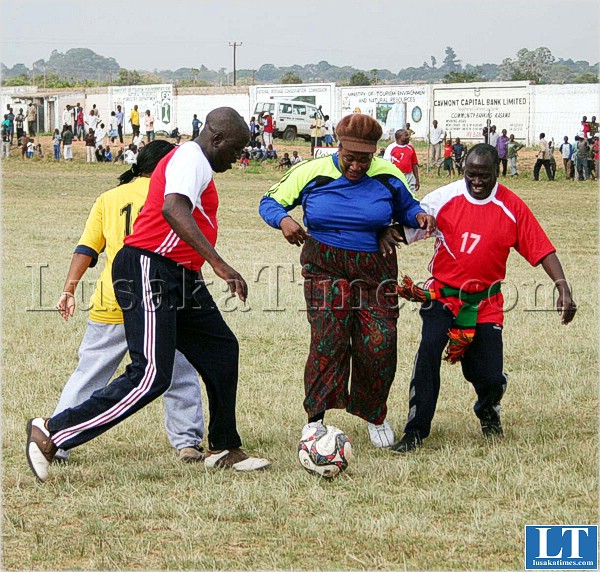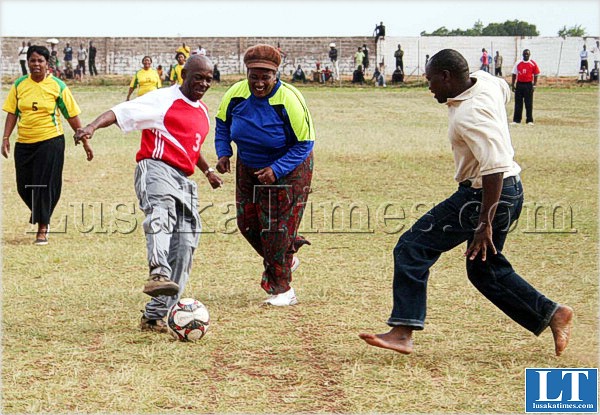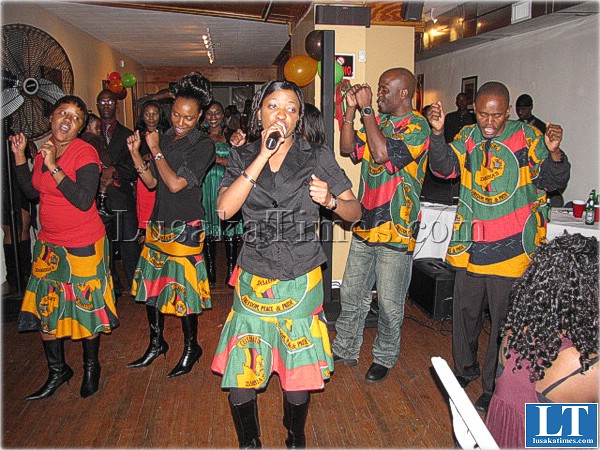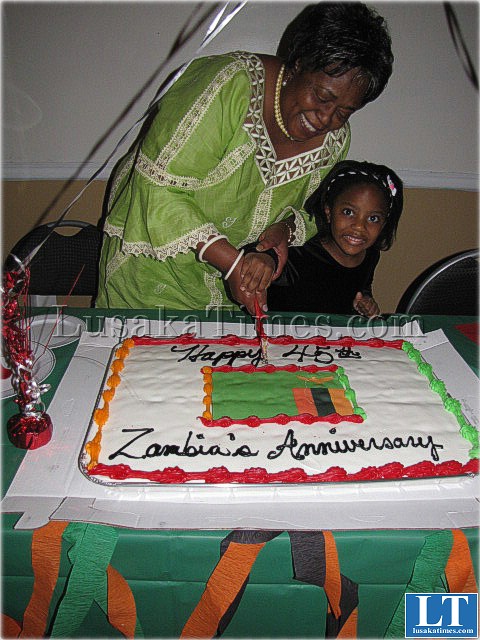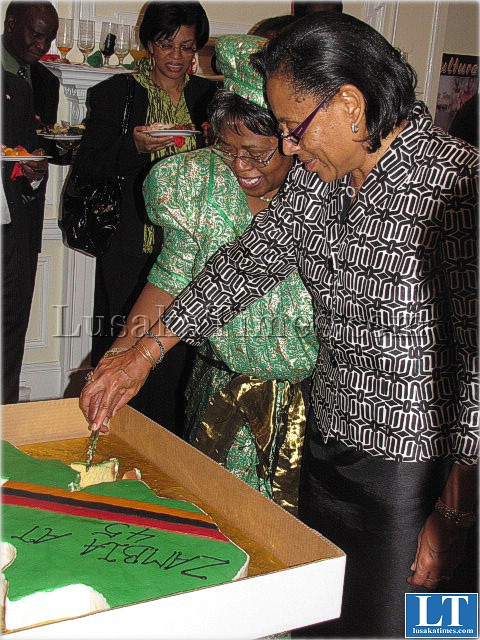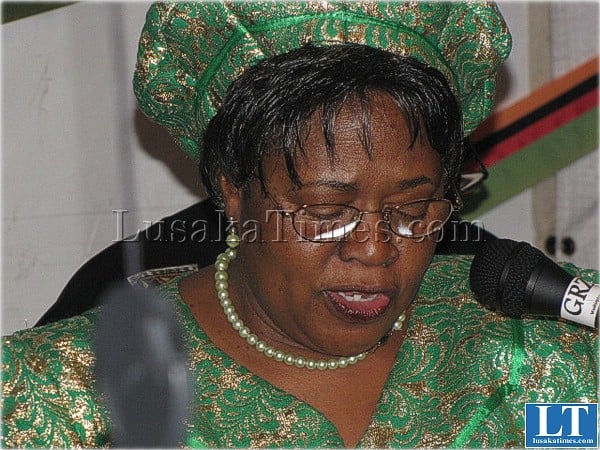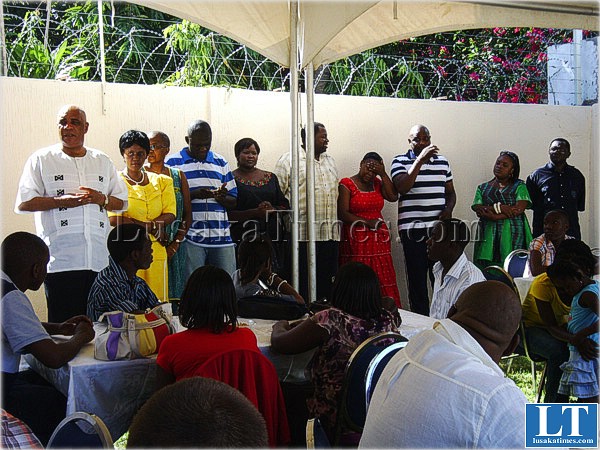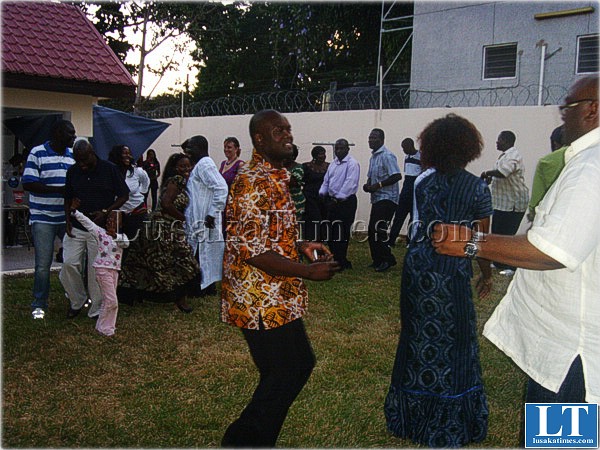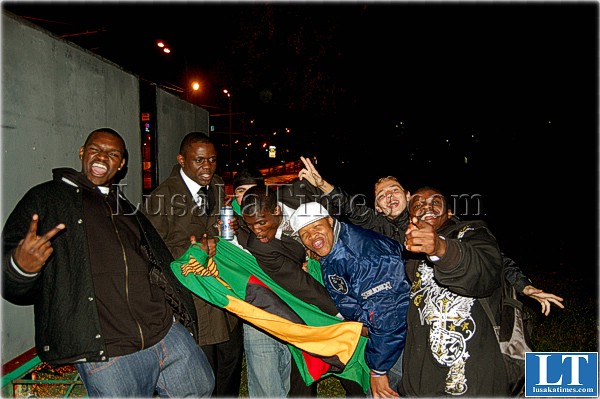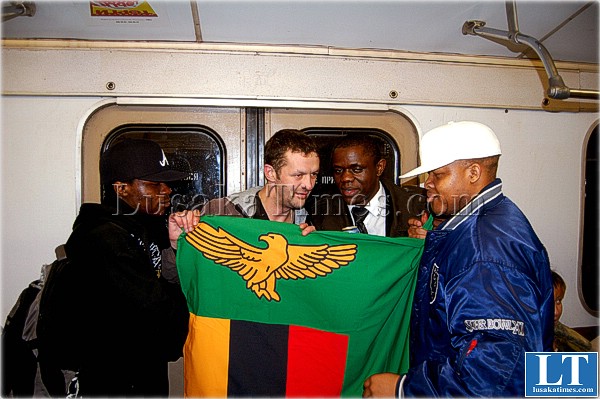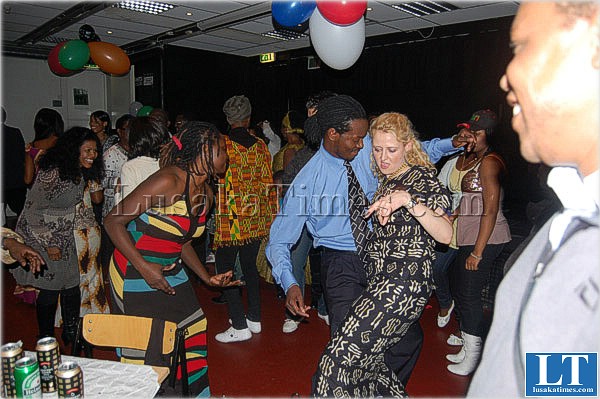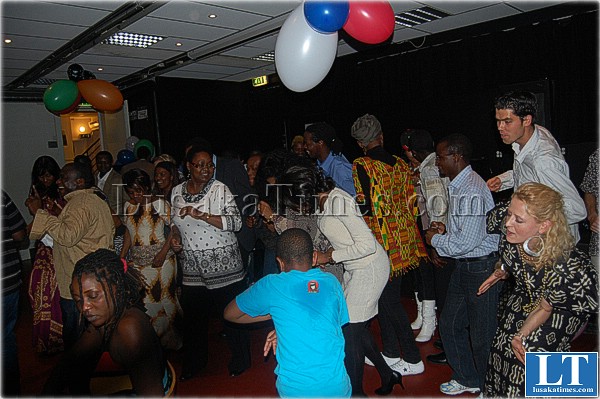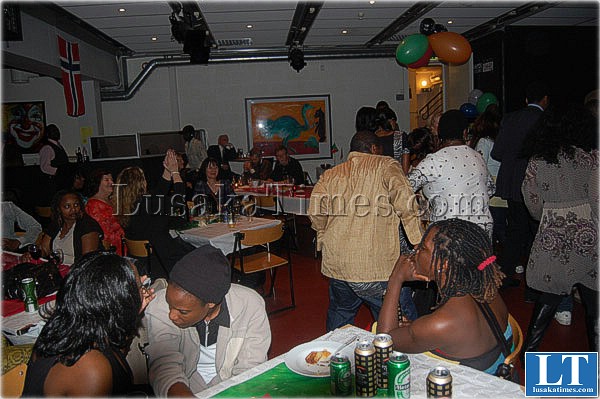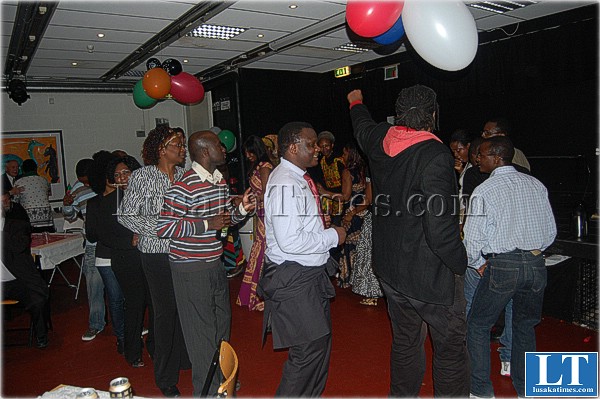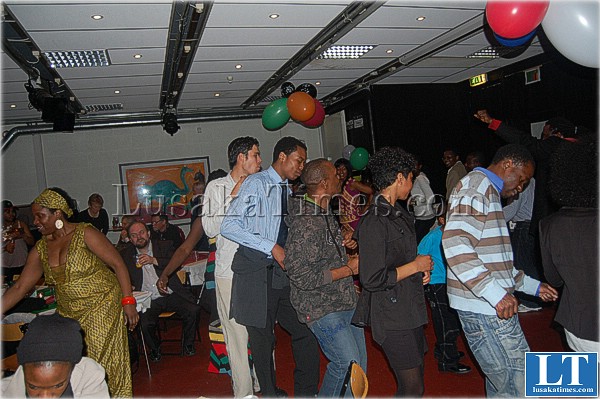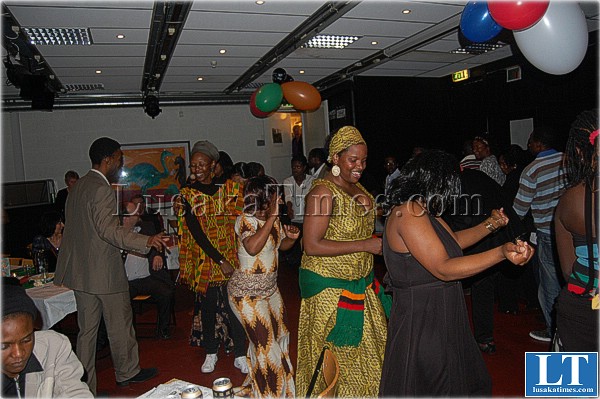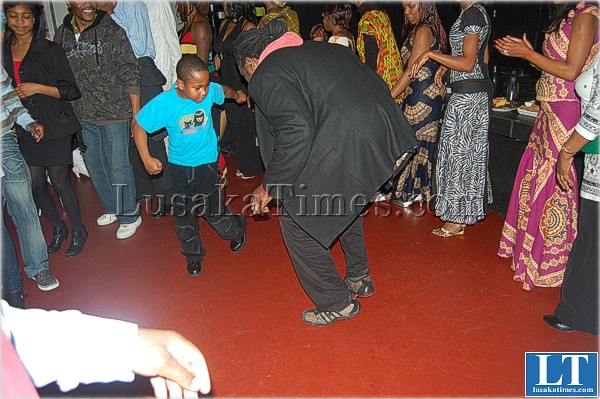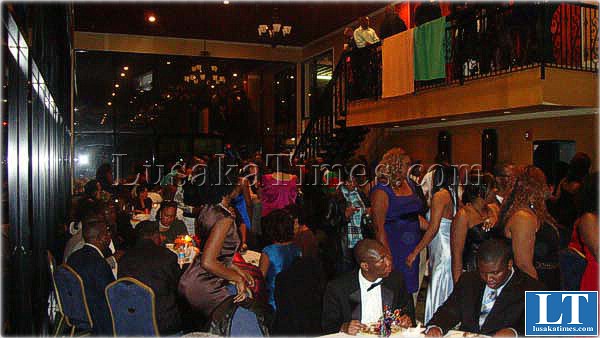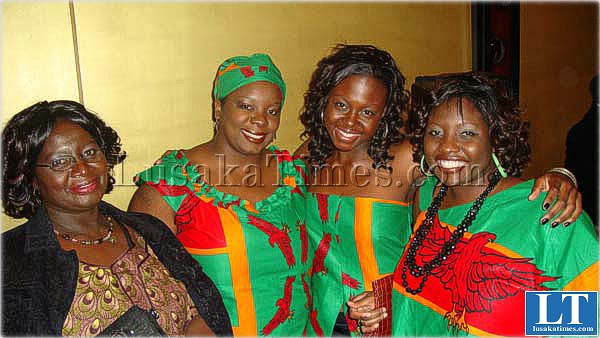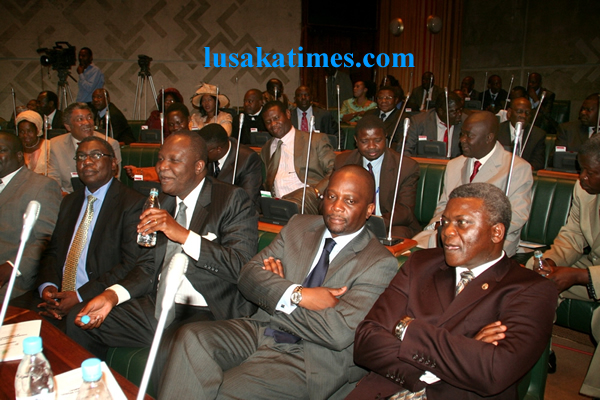
I have noticed that the news article by Patrick Jabani entitled “NCC Adopts New Electoral System in Zambia” recently appeared in both the Times of Zambia and The Post newspapers. In the article, Comrade Jabani has made a good summary of arguments for and against the adoption of Article 159(1) of the Republican constitution that is currently being crafted, which is intended to increase the number of Members of Parliament (MPs) from 150 to 280. [It is perhaps important to note here that the current membership of Parliament is actually 150 elected MPs + 8 MPs nominated by the Republican president.]
Unfortunately, the article does not address the cost associated with the proposed increase in the number of MPs.
In this regard, I wish to reiterate my initial position that Zambia cannot afford to implement the proposal that has been recommended by the National Constitutional Conference (NCC). There is really no wisdom in seeking to increase the number of constituencies when some of the existing constituencies cannot even generate enough tax revenue to meet the cost of maintaining their MPs.
It is unfortunate that such a recommendation is made at a time when tens of thousands of Grade 7 and Grade 9 students have continued to be spilled onto the streets every year, the healthcare system cannot meet the basic needs of the majority of citizens, the majority of Zambians have no access to clean water and electricity, the country still faces problems with garbage collection and disposal, a critical shortage of decent public housing has compelled so many of our fellow citizens to live in shanty townships nationwide, public infrastructure and services are still deficient, civil servants are still not adequately compensated for their services, and, among many other socio-economic ills, crime and unemployment are still widespread.
I have, therefore, found it necessary to provide some information about the cost of increasing the number of MPs from 150 (as suggested by Jabani) to 280. In this endeavor, I have assumed that the Speaker, Deputy Speaker, Chief Whip, and Leader of the Opposition in Parliament are remunerated the same as a Private Member in terms of salary, special allowance and utility; I have also assumed that the constituency allowance available to each MP is equivalent to that paid to a Nominated member in Zambian Kwacha (K) per year, and that there are no costs associated with personal-to-holder cars and other fringe benefits:
61,009,773 Salary
16,665,752 Special allowance
23,200,000 Utility
11,600,000 Constituency allowance
——————-
K112, 475,525 per MP x 150 MPs = K16,871,328,750.
——————-
And
K112, 475,525 per MP x 280 MPs = K31,492,147,000.
The cost of additional MPs per year:
K31,492,147,000 – K16,871,328,750 = K14,620,818,250 (US$3,187,377).
It seems the huge allowances which members of the National Constitutional Conference are receiving have intoxicated them so much that they have become incapable of thinking about the catalogue of socio-economic woes which the government cannot address mainly due to the lack of financial and material resources.
Rather than increasing the number of MPs, we should actually have been considering the prospect of reducing the number and restricting their functions to legislative matters. Parliament would still be representative and able to function effectively as the legislative organ of our national government, with only 72 elected MPs, for example, so that 1 MP could be elected from each of the existing 72 districts.
If we cannot reduce the number of MPs, we need to continue to have a parliament with 158 members (or 150 as suggested by Jabani). Representation in the governance of the country by women and the youth, among others, can be achieved through appointments to Permanent-Secretary positions, and to positions in Cabinet and government agencies.
It is irresponsible and ill-advised for NCC members to think about representation without seriously considering the cost associated with it.
Our country’s meager tax revenues will not be sufficient to maintain such a large parliament and a highly bloated cabinet. And we cannot continue to borrow until we push the country back into the debt trap. Besides, donor countries too are not likely to continue extending a helping hand while we continue to misuse our meager resources.
There is a need for NCC members and the government to realize that donor countries do not have unlimited resources. They have to make do with scarce resources by going through public expenditures line by line, program by program, agency by agency, department by department, and ministry by ministry in order to eliminate unnecessary application of public funds.
We need to start doing the same in order to wean our country from its current addiction to loans and its over-dependence on donor funding, as well as to attain economic independence and sustained socio-economic development, predominantly with our own local resources.
By the way, MPs should not be involved in the implementation of development projects; this should be the function of government ministries and local authorities. Besides, the provinces are already saturated with such portfolios as district commissioners, provincial ministers and provincial permanent secretaries, all of whom are supposed to complement the executive branch of the government in the implementation of development projects. To reiterate, we need to restrict the role of parliament to legislative functions — that is, law-making.
Henry Kyambalesa



